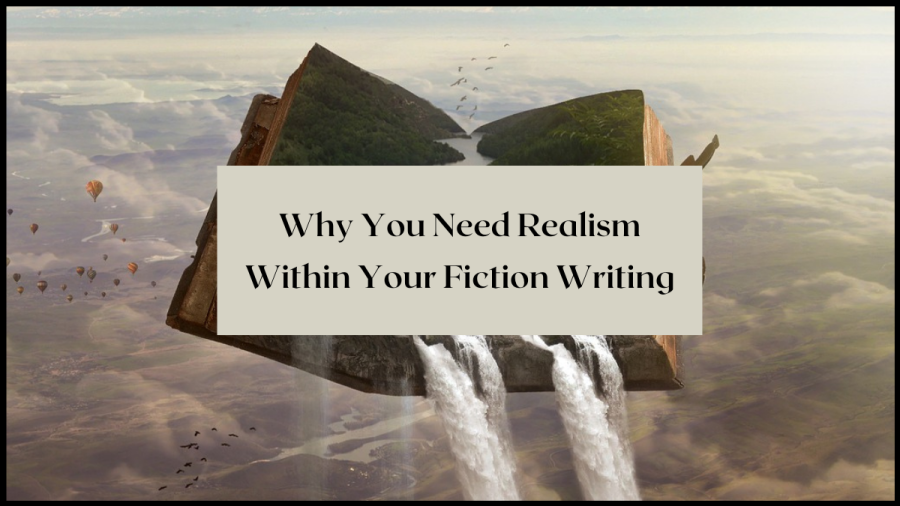Today, I thought I'd share this article by Janice Hardy, it really made me think about new ways to write a better story! Have you considered the opportunities within your story that can help kick it up a notch?



Today, I thought I'd share this article by Janice Hardy, it really made me think about new ways to write a better story! Have you considered the opportunities within your story that can help kick it up a notch?

Great article about Echoes and how to watch out for them in your writing. I am definitely guilty of repeating words. How many of these examples do you do?

Greetings, Storytellers. Diana here today to talk about echoes in our prose.
Echoes aren’t always as obvious as the echo in my title, though repeated words definitely fall into this category. There are a number of ways that echoes occur in our prose, and though they aren’t technically incorrect (like spelling errors), they have similar disruptive consequences. They tend to draw a reader’s attention out of an immersive story and into noticing the mechanics of writing.
Our readers’ wondrous and powerful brains work against us in a variety of ways. First, the human brain is naturally attuned to patterns, rhythms, and rhymes. And second, it loves novelty, and written echoes are not novel compared to writing styles that keep prose fresh and varied.
How to avoid them comes down to recognizing them and making simple editing changes.
There are writing programs that will identify some of the echoes…
View original post 706 more words

I was given the opportunity to guest post on another writer's blog. Big thank you to E. A. Whyte for reaching out to me and asking me to guest post and for featuring my article 8 Things Not To Do When Drafting A Novel.

If you caught last Friday’s post about Backing Up Your Work you will be aware that I set myself a deadline to do a huge paper purge (by booking a Shredding company to come to my house). Well, it worked, I charged through my paperwork like a bat outta hell! And during this purge, I entered the state of Flow… something I’ve not done for a long time.

I can't harp on enough of backing up your work and once again I was reminded (by my own experience) just why this is so important.

I received a request for this article, asking how to write enemies to lovers. This trope is one of the most popular, we love a good conflict that gets resolved. We love seeing two characters who can't stand each other, grow and develop feelings.

Scams are nothing new in this digital age, but when they creep up, it’s always good to share them around so as to hopefully stop others from getting caught by unscrupulous people.
Here’s a scam targeting writers…
 Photo by Tyson Moultrie on Unsplash
Photo by Tyson Moultrie on Unsplash
Hi SEers. John is with you today. It is midweek, and hopefully, it is going well for you.
Today I was going to talk a little more about humor, but I received a couple of emails that I want to discuss with you. These emails were sent from well-known directors and producers in Hollywood. These men have made millions in feature films and are among the elite of their industry.
The gist of the emails is that my book has been vetted and will be suitable for translation into a film.
I should be excited, right? I should be honored that these entertainment business leaders are contacting me to make a movie for one of my books. Believe me when I say the names on these letters are household words for movie-making. So, why am I sitting here and making a post out of…
View original post 354 more words

A question that comes up a lot is Plotting. How do you create your plot, what are the best methods for plotting, how do you plan all the different parts of your novel? So, today I am discussing the structure I use for my plotting.

On the blog, today, I thought I would share a blog post from Mae Clair over at Story Empire who wrote a great piece on writing query letters.
A great article for anyone who is considering querying their work.
Hi, SEers. Mae here today to discuss a topic that usually makes authors cringe. There are two things I despise writing—a book synopsis, and a query letter. I’ve had to suck it up and do the former, but until the end of last year, writing a query letter for literary representation was something I’d avoided.
I have, however, been sitting on a finished manuscript for almost two years. As a hybrid author, I’ve been published by a traditional small press, and have indie-pubbed my own work. The one goal that has escaped me is to find a home with a Big Five publisher. Most of us dream of that, right?
At the end of 2021, I decided to try. The first step—almost as hard—means finding an agent. We all know this is a lengthy process, almost assuredly layered with plenty of rejection. I’ve read horror stories from NYT bestselling authors…
View original post 557 more words

How do you use realism in your fiction? This question is especially important to Fantasy and Sci-fi writers. Fiction is a fabrication, not the reality or truth we know. Fantasy or sci-fi fiction is considered the fantastical, often unbelievable. But that doesn't mean that realism needs to get flung out the window. In fact, it can be the foundation we build our story upon.